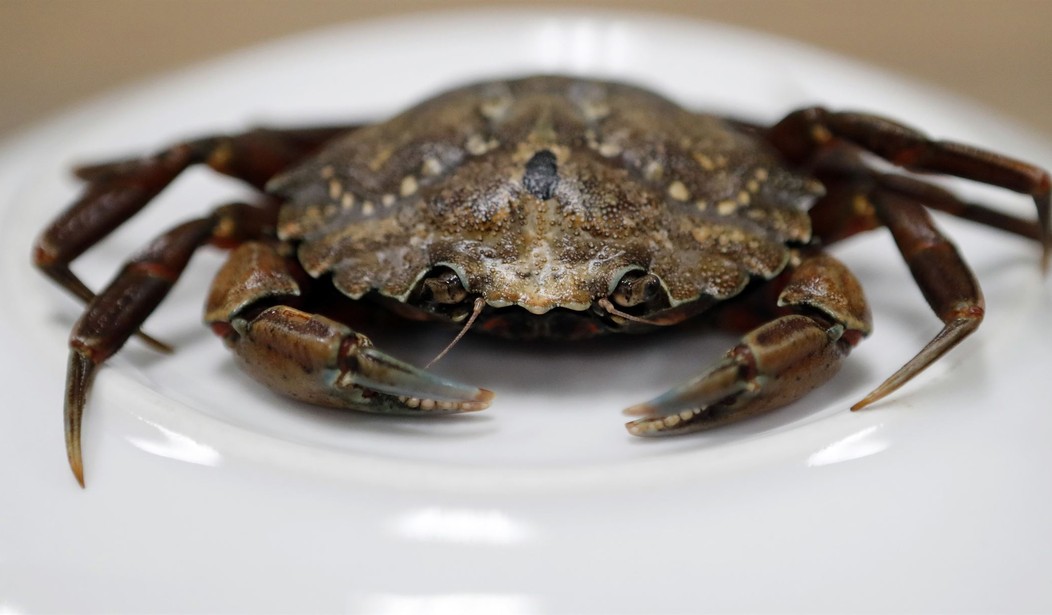Restaurant owners in Baltimore (and around much of the nation) are increasingly facing difficulties in operating their eateries in the same way they did before the pandemic. Some are still having trouble finding enough workers, but a potentially more damaging factor they’re running into is what’s being described as a broken supply chain. Purchasing both the food and normal cleaning materials required to operate is getting so expensive that many have been forced to raise their prices, leading to unhappy customers and poor reviews. The owner of Max’s Taphouse, during a recent meeting with elected officials, described how she recently had to remove crab cakes from her menu, despite that being one of their most popular items. The reason is that the cost of crab has risen so much that she would need to charge $50 per serving, and people simply won’t pay that much. (Baltimore Sun)
Restaurant owners vented their frustrations with issues like third-party delivery apps and too-short notice on pandemic restrictions. But perhaps their chief problem: the rising costs of pretty much everything, in an industry in which customers can be hypersensitive to price increases.
“No one down here is making money. Let’s be honest,” Max’s Taphouse owner Gail Furman said. Pre-pandemic, office workers would fill her two-story Fells Point pub for events and happy hours. Those customers are absent lately. Instead, she said, “All our costs have gone through the roof.”
Furman said the cost of chicken wings had surged up to 3.5 times its usual amount.
It’s not just seafood that’s become far too expensive. Another owner described how the price of rubber gloves, which restaurants are using up faster than ever due to COVID cleaning protocols, cost $18 per pack last year. They recently had to pay $90 per pack. And the tight labor market means that everyone has to pay at least $15 per hour to the workers, driving up costs further.
Goldman Sachs, who sponsored the meeting, conducted a survey last month where they found that 83% of small-business owners were reporting marked increases in their costs and nearly half had already been forced to raise their prices. The cost of chicken, one of the most commonly ordered foods, has similarly spiked. It was noted during the meeting that the problem isn’t a lack of chickens being raised on poultry farms. The farms are similarly having trouble finding workers to produce the food. Distributors lack drivers to make the deliveries.
In other words, both the demand and the supply should still be at manageable levels, but the supply chain itself is breaking down because a few of the key links are creating bottlenecks.
What, if anything, can the government do about this, assuming it should even be involved? Ordinarily, we would rely on the pressures of the free market to address the issue. If you can’t find enough workers to bring chickens to market, you offer higher wages and better benefits to attract the workers. The same goes for drivers. But under the current, bizarre circumstances being driven by the pandemic and government shutdowns of many parts of the economy, the entire balance of supply and demand is out of whack. Exorbitant labor costs are not being offset by a thriving consumer market where customers are willing and able to pay more to offset them. And the ever-present threat of runaway inflation this year could compound these issues even further.
The only thing that will quickly repair the supply chain is to quickly stabilize the economy. More government mandates being imposed every time there’s a spike in new COVID cases sets employers back even further, even though many of them barely survived last year’s shutdowns. This lack of predictability and normalcy in the labor market, the supply chain, and customer demand is killing us. We may wind up surviving the virus, but not the government’s moves to control it.








Join the conversation as a VIP Member